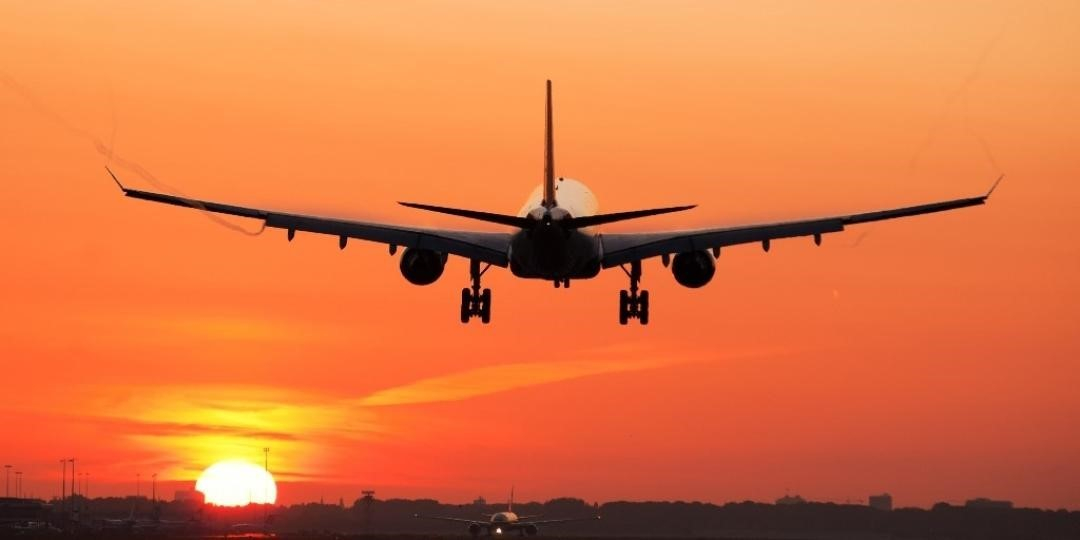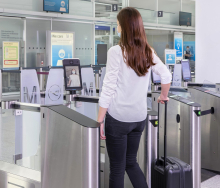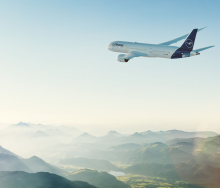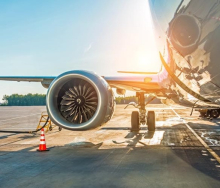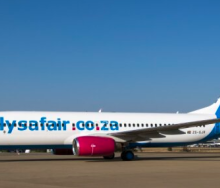Nett profits for airlines are forecast to reach US$25,7bn (R488,1bn) in 2024 and exceed revenues for 2023, says Iata in its latest outlook.
The trade body expects 2023 to bring in $23,3bn (R442,15bn) in nett profits for airlines, with operating profits reaching $49,3bn (R935bn) in 2024 from $40,7bn (R772,35bn) in 2023.
“Considering the major losses of recent years, the $25,7bn nett profit expected in 2024 is a tribute to aviation’s resilience. People love to travel and that has helped airlines to come roaring back to pre-pandemic levels of connectivity. The speed of the recovery has been extraordinary; yet it also appears that the pandemic has cost aviation about four years of growth. From 2024 the outlook indicates that we can expect more normal growth patterns for both passenger and cargo,” comments Willie Walsh, Iata Director General.
However, Walsh highlights that these numbers must be put into perspective.
“While the recovery is impressive, a nett profit margin of 2,7% is far below what investors in almost any other industry would accept. Of course, many airlines are doing better than that average, and many are struggling. But there is something to be learned from the fact that, on average, airlines will retain just $5,45 (R103,40) for every passenger carried. That’s about enough to buy a basic ‘grande latte’ at a London Starbucks,” says Walsh, noting that issues such as complicated regulations, fragmentation and high infrastructure costs are impacting bottom lines.
Traveller sentiment
In its outlook for next year, Iata predicts that passenger yields will improve by 1,8% from 2023, with supply-demand conditions supporting growth, which is reflected in data from Iata’s latest passenger poll.
Iata’s November passenger poll shows that a third of travellers are travelling more than they did pre-pandemic, with nearly half (49%) saying that their travel is comparative to pre-pandemic levels, and less than a fifth (18%) are travelling less. In the future, 44% of respondents say they will travel more in the next year compared with 2023.
In its public opinion poll, Iata reveals how travellers view the role played by airlines:
- 89% say air travel is a necessity for modern life
- 89% believe that air connectivity is critical to the economy
- 88% feel that air travel has a positive impact on society, and
- 83% agree the global air transport network can support the UN Sustainable Development Goals (SDGs).
Impeding factors
Several elements could affect airline revenues, passenger arrivals and overall growth. These include:
- Macroeconomics such as easing inflation, improved employment, and strong demand bode well for travel. However, slower-than-expected economic growth in key markets, such as China, as an example, could impact demand and hinder recovery.
- Geopolitical tensions in the case of the Russia-Ukraine war and the Israel-Hamas conflict have resulted in airspace closures as well as increased oil prices, which is affecting the global airline industry.
- Global supply chain challenges around maintenance and the delivery of aircraft, as well as parts, are affecting airline operations, resulting in limited capacity, expansion and fleet management.
- Tightened regulations and compliance requirements have seen airlines face increasing costs. Other costs, including passenger rights regimes, environmental initiatives, and accessibility are also hiking up airline costs.
